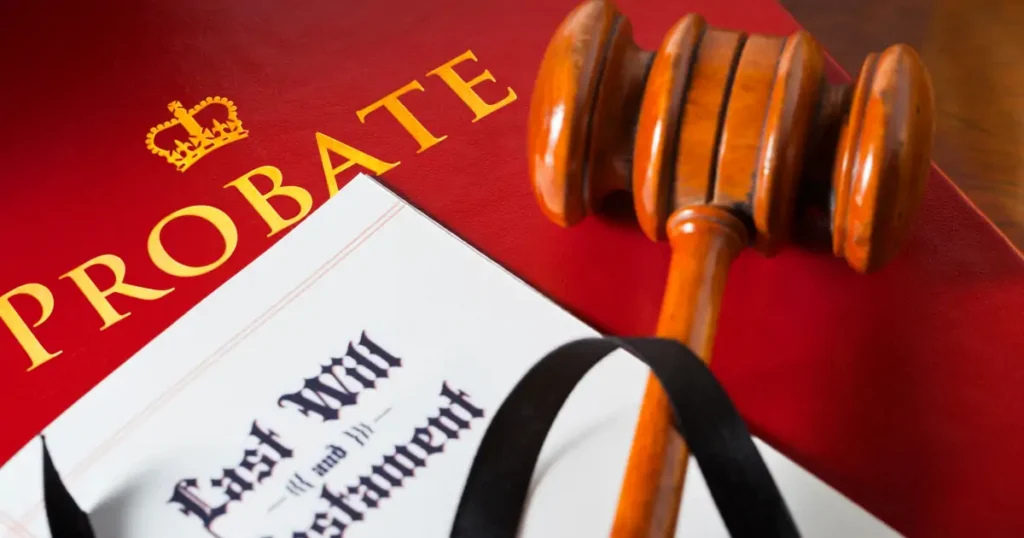Understanding the Legal Implications of a Vanishing Will
The disappearance of a will can lead to significant legal challenges for the heirs and beneficiaries involved. When a will is not found, the estate may be subject to intestacy laws, which dictate how assets are distributed according to state law rather than the deceased's wishes. This can create disputes among family members and prolong the probate process.
In Texas, if a will is believed to exist but cannot be located, it’s crucial to understand the legal framework surrounding such situations. Courts may consider evidence of the deceased's intent and the existence of prior wills. Consulting with an experienced probate attorney can provide guidance on how to navigate these complexities and protect your interests.
Steps to Take When a Will Goes Missing
When faced with a missing will, there are specific steps that individuals can take to address the situation effectively. First, it is important to conduct a thorough search of the deceased's belongings, including files, safes, and digital documents, as the will may be stored in an unexpected location.
If the will remains unfound, the next step often involves gathering information about any previous wills or estate planning documents. This can help establish a pattern of the deceased's intentions. Engaging a probate attorney can also assist in filing for a court order to declare the missing will, which may allow for the estate to proceed under the terms of the last known valid will or according to intestacy laws.
The Role of Probate Attorneys in Vanishing Will Cases
Probate attorneys play a critical role in cases involving vanishing wills, as they provide legal expertise and representation throughout the probate process. They can help families understand their rights and responsibilities, ensuring that the estate is managed in compliance with Texas law.
In situations where a will is missing, probate attorneys can assist in filing necessary motions with the court, gathering evidence of the deceased's intent, and advocating for the rightful heirs. Their experience can be invaluable in navigating the complexities of estate law and ensuring that the wishes of the deceased are honored as closely as possible.
Preventing Future Issues with Estate Planning
To avoid the complications associated with vanishing wills, proactive estate planning is essential. Individuals should ensure that their wills are stored in a secure yet accessible location, and that trusted family members or legal representatives are aware of its whereabouts.
Additionally, regular reviews and updates of estate planning documents can help reflect any changes in personal circumstances, such as marriage, divorce, or the birth of children. Working with an estate planning attorney can provide guidance on best practices for document management and ensure that all legal requirements are met, reducing the likelihood of future disputes.

